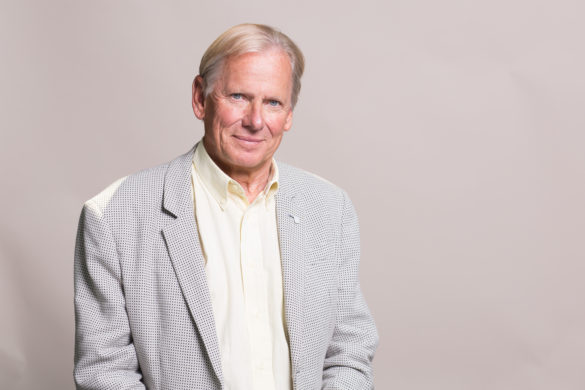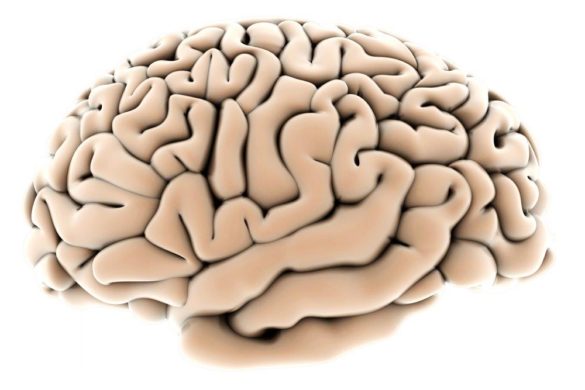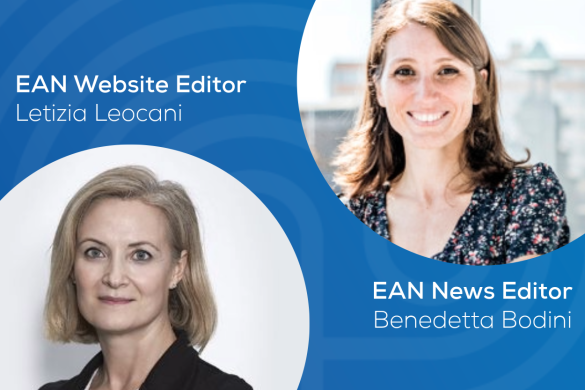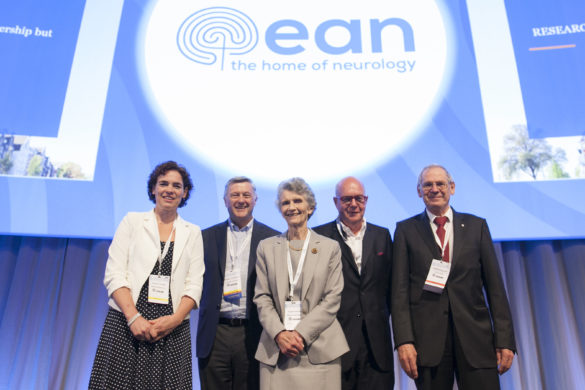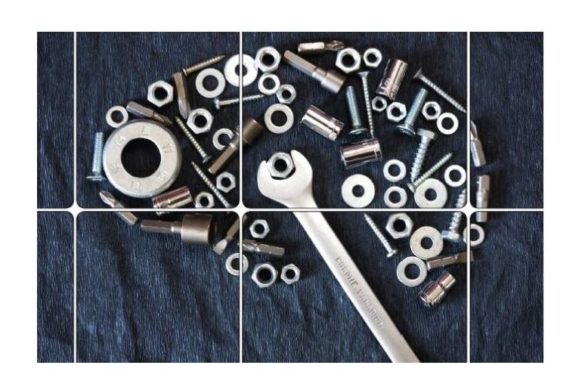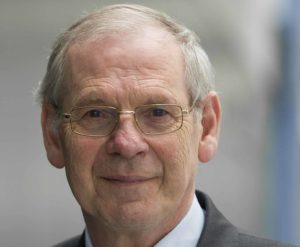
by Günther Deuschl
2 years ago I have already highlighted the work of the European Affairs sub-Committee of the European Academy of Neurology. This is to more closely introduce the partners of EAN at this in Brussels. It is important that our members know about activities of our Society on a European level.
Health and research policy in Brussels are directed by two main institutions in Brussels, the Directorate General ‘Heath and Food safety’ and the Directorate General ‘Research and Innovation’. The main purpose of these ‘ministries’ is to govern health and research policy, provide innovations in their fields and to help Europe and its member countries to develop their health system and research. They are open to innovations and advice from competent stakeholders.
Stakeholders which can provide advice are therefore welcome to offer information on the topics of health care and research. The EAN is not working in isolation in this arena. The main collaborators are all united within the European Brain Council (EBC) This is a group of different stakeholders for brain diseases. Its unique approach is to speak with one voice on anything related to research, diagnosis, therapy, care, public awareness and political issues related to the organ “Brain” or in a broader sense the nervous system. First of all Medical Societies are members which are caring for neurology (EAN), psychiatry (European Psychiatric Association – EPA) and neurosurgery (European Association of Neurosurgical Societies – EANS). Furthermore, large more cross-sectional medical Societies like the European College of Neuropsychopharmacology (ECNP) or basic neuroscience organisations such as the Federation of European Societies (FENS) and the International Brain Research Organization (IBRO) are members of the EBC. At least as important is the fact, that EBC provides patient organisations like the European Federation of Neurological Associations (EFNA) and the GAMIAN-Europe (Global Alliance of Mental Illness Advocacy Networks-Europe) a powerful platform at the EU political scene. Many more organisations are associated or have an observer status at the EBC (see: http://www.braincouncil.eu/). The group has Industry partners and the increasing number of national Brain Councils from the European member countries is also united under this umbrella.
The EBC has a large-scale program to analyze overarching topics relevant for all these stake-holders. Regular consensus statements on the status of Brain Research are an important tool to raise attention and gather support in Brussels for brain disorders. Currently an impressive project on the Value of Treatment is conducted on the basis of former projects which have calculated the costs of brain diseases in Europe. This VOT-Project aims now at showing
- Provide evidence-based information to overcome the early diagnosis and treatment gap in specific healthcare interventions in a cost-effective manner
- Develop optimized care pathways for patients
- Provide evidence-based data for high value healthcare solutions and policy recommendations for a more patient-centered («shared clinical decision making») and seamless care model for brain disorders.
This will be finalized in 2017.
Another important partner is the ‘Alliance for Biomedical Research in Europe’ representing 400,000 researchers and health professionals. It is also an association of medical specialist societies including almost all large medical Societies which are research oriented and have an interest in further developing integrated European progress for diseases. In particular their aim is to:
- Promote excellence in European biomedical research
- Advocate for increased funding in favour of biomedical research
- Improve the health and well-being of all citizens of Europe in further developing European research policy.
The EAN is representing Neurology in both these large bodies through its European Affairs Sub-Committee (EAsC) a steadily growing committee which has been chaired from its beginning by Wolfgang Oertel and is now taken over by David Vodušek. Wolfgang Oertel is continuing to work for EAN in the board of the EBC and in the Scientific Panel of Health, a group of advisors to the European Commission and the parliament. Gunhild Waldemar is representing EAN in the board of the Alliance for Biomedical Research. Moreover, a rapid response group consisting of 30 members from the scientific panels has been established to support the EAsC. Thus EAN is well now well-positioned to help in all these large advisory board and to answer all the important questions of European policy.
If you have any questions regarding our possibilities for intervention in Brussels or regarding collaboration with our EAsC you should direct them directly to our representatives.






